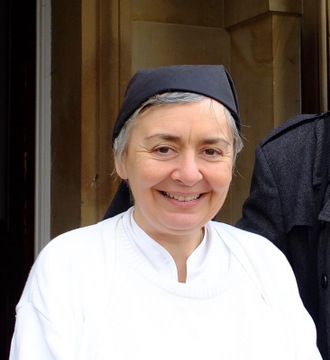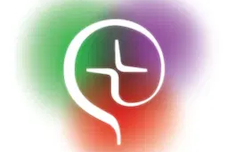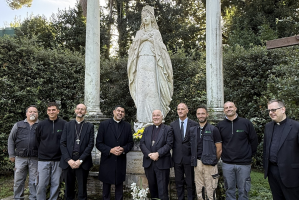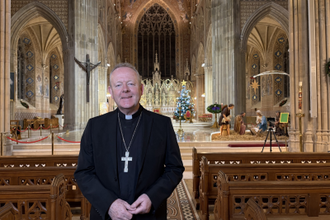Reflection: The message of Laudato Si'

Sr Margaret Atkins
Laudato Si' begins by telling us how it is: the state of our planet, and what our faith has to say about that. Chapter One uses evidence from the hard sciences to describe our world: pollution, climate change, scarcity of water, the loss of thousands of species. It does so, however, with a rhetorical power designed to make us care: 'The earth, our home, is beginning to look like an immense pile of filth.' 'The world is a joyful mystery, to be contemplated with gladness and praise.'
So, what does the Gospel have to say about creation? 'We are not God.' The world is the gift of our Creator, so that each creature is good and beautiful, and we are all interrelated. Indeed, our interrelatedness mirrors the Trinitarian nature of God. Our story, traced through the beginning of Genesis, is one of rupture. As we broke away from God, we also broke our peace with the natural world. Reconciliation with God, with each other and with the natural world are all part of the same process, the peace-making and healing that comes through Christ. Jesus himself knew and loved the Galilean countryside, its birds, plants and animals. And why would he not? - he, the Son of God, through whom all things were made, redeemed and restored.
The central chapters look at where we have gone wrong, and how we might go right. First, Pope Francis, closely following his predecessors, describes how we forget that we are not gods; we try to control everything ourselves. Pope Francis calls this 'the technocratic paradigm', from techne (skill) and cratos (power). We begin to see the world as there for us to manipulate. In practice, this means that powerful people take control. They control first others' things; then other people; then even the truth. Manipulation leads directly on to relativism - the truth itself is what I want it to be.
Technocracy fragments the world into manipulatable chunks. Laudato Si' reminds us insistently that 'everything is interconnected.' We have learnt that lesson from biologists: ecology is the science of the interconnectedness of life. The recent popes have taught that there is also a human, social ecology; and that this is inseparable from natural ecology. Indeed, a healthy personal and social morality, economics, politics and finance are all intermeshed with the well-being of the environment.
Finally, Laudato Si' leads on to action. We need effective dialogue, policy and action at every level: global, national and local. But before all else, we need 'ecological conversion', an inner, spiritual confession of sin, responsibility, praise and gratitude that changes our attitude and transforms our practice. This is indeed challenging. What it is not is grim and gloomy. Living more lightly and more generously is liberating and will bring us joy and peace at the deepest level.
If you want to be inspired or challenged watch some of our young people speaking on You-Tube - Greta Thunberg (www.youtube.com/watch?v=OUW1OwjWRMw), or Lauren Singer (LINK), who lives a zero-waste lifestyle (www.youtube.com/watch?v=pF72px2R3Hg). Go on - I dare you! Yes, they put us to shame.
But we Catholics should be inspired by, not ashamed, of our faith. It gives us all that we need to live lightly on the planet….. God the Creator and Christ who redeemed the world he entered and loved. The Holy Spirit, the Church and the sacraments to sustain us in hope. And a moral tradition that honours simplicity, justice, unselfishness and peace. We cannot save the planet by ourselves. We don't need to. We are not alone. We are interconnected, with God, with each other and with our world.
Sr Margaret Atkins is based at Boarbank Hall in Cumbria.
Link: www.boarbankhall.org.uk/


















